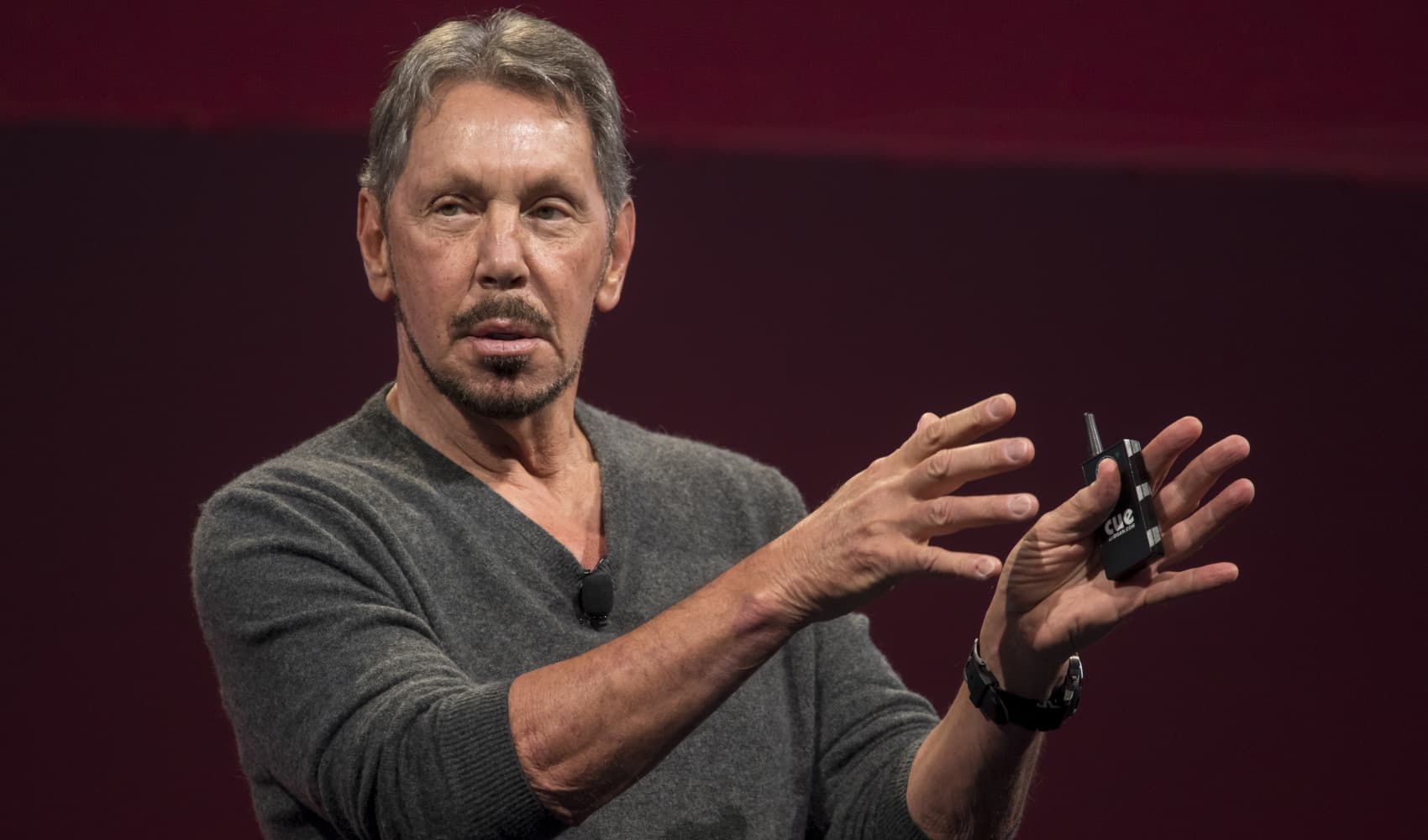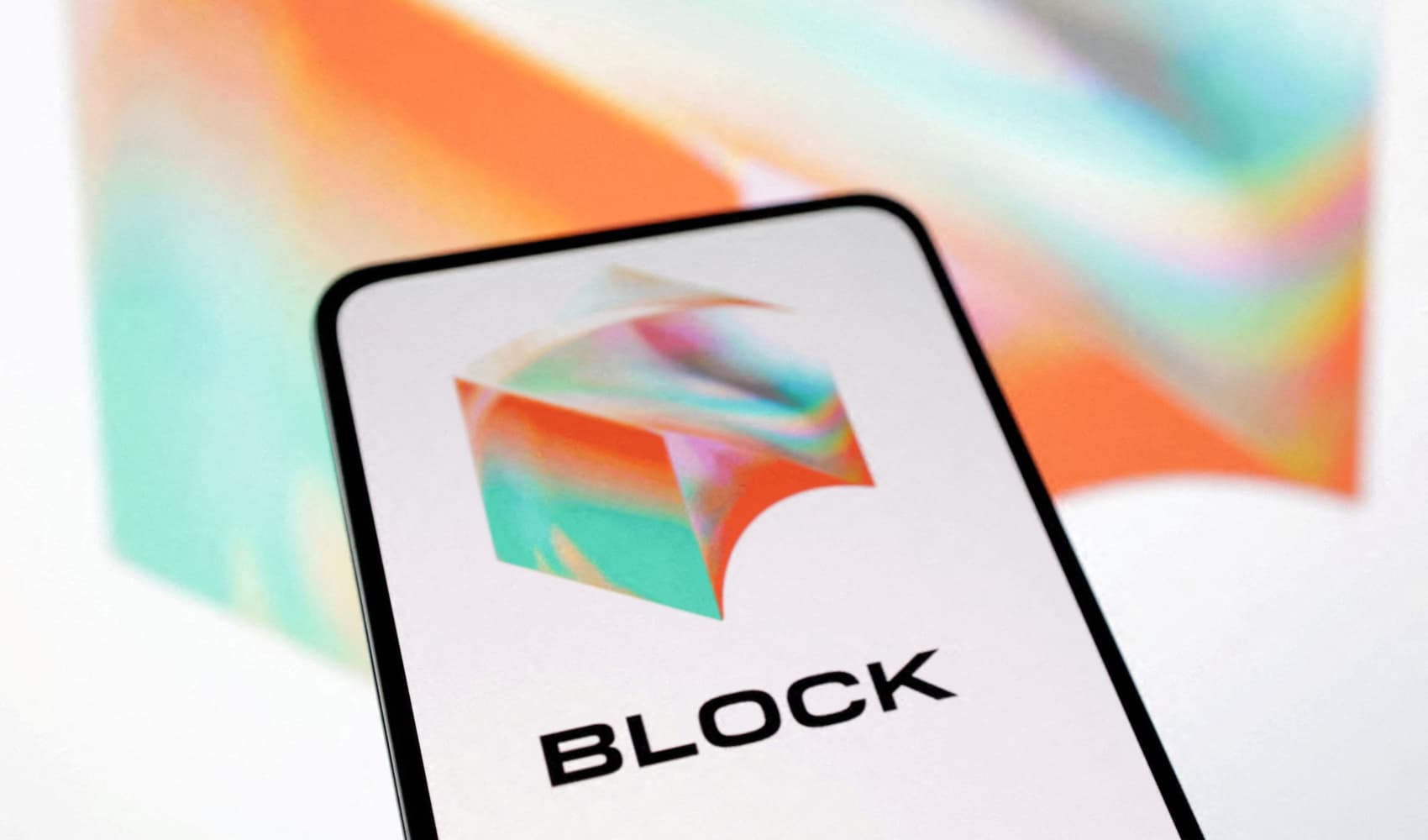
- Sen. Bernie Sanders said he opposes lowering the income cap for people to receive a full $1,400 direct payment as part of the next coronavirus relief bill.
- Sen. Joe Manchin has raised concerns about the checks going to too many people, and President Joe Biden has said he would be flexible about eligibility to receive the money.
- Individuals making up to $75,000 would receive the full sum as of now, but Democrats are considering lowering the threshold to $50,000.
Sen. Bernie Sanders said Sunday that he opposes cutting the income threshold for receiving $1,400 direct payments in the next coronavirus relief bill, underscoring a split Democrats will need to resolve before they can pass the $1.9 trillion package.
The Democrats' most conservative member — Sen. Joe Manchin of West Virginia — has raised concerns that stimulus checks as currently targeted would go to too many high-income people who did not lose their jobs during the pandemic. President Joe Biden has said he is open to negotiating eligibility for payments, which under the current proposal would go in full to individuals making up to $75,000 and couples earning up to $150,000.
Sanders, a Vermont independent and chairman of the Senate Budget Committee, and some colleagues have argued Democrats should not lower the income cap. Eligibility for checks has emerged as the main sticking point within the party as it tries to pass a rescue package without Republican votes in the Senate.
A single defection would sink the bill.
Sanders told CNN he supports a "strong cliff" for payments "so it doesn't kind of spill over to people making $300,000 a year." As modeled now, the plan would phase the checks out by 5% of every dollar a person makes above the cap.
"And that's what I support, that's what I think most people understand," Sanders said of making the payments phase out more quickly. "But to say to a worker in Vermont or California or any place else, that if you're making, you know, $52,000 a year, you are too rich to get this help, the full benefit, I think that that's absurd."
Money Report
Reports have suggested Democrats could start phasing out the deposits at $50,000 in income for individuals rather than $75,000.
In his committee post, Sanders will have a key role in crafting the bill and making sure it complies with the budget reconciliation process. The tool will allow Democrats to pass legislation by themselves in a Senate split 50-50. Vice President Kamala Harris will hold the tiebreaking vote.
Democrats will start to draft the aid legislation this week and hope to pass it before March 14, when key unemployment programs boosting millions of Americans expire. Along with the payments, the bill is set to include a $400 per week jobless benefit through September, $20 billion for a Covid vaccination program, $350 billion in state and local government support and $30 billion for rent and utility assistance.
Biden has said he is open to changing eligibility for the payments. He stressed Friday that "I'm not cutting the size of the checks."
Appearing on CNN before Sanders, Treasury Secretary Janet Yellen signaled she was reluctant to lower the income cap for receiving a full $1,400 payment to $50,000.
"If you think about an elementary school teacher or policeman making $60,000 a year, and faced with children who are out of school, and people who may have had to withdraw from the labor force in order to take care of them ... [Biden] thinks, and I would certainly agree, that it's appropriate for people there to get support," she said.
As part of a flurry of votes before it passed a budget resolution on Friday to set up the reconciliation process, the Senate overwhelmingly backed an amendment to bar high-income taxpayers from receiving stimulus checks. However, the symbolic measure did not define who those high earners are.






